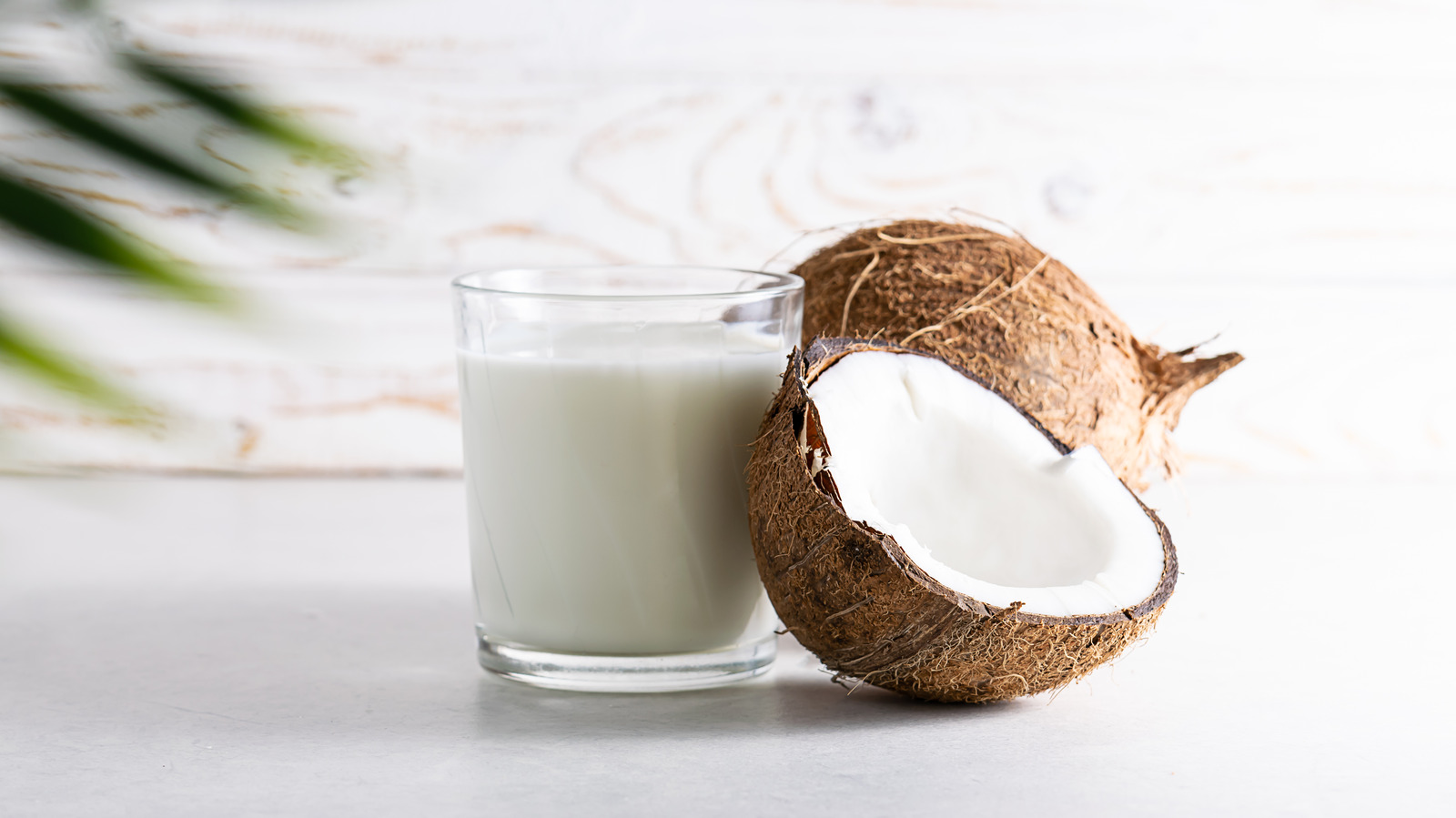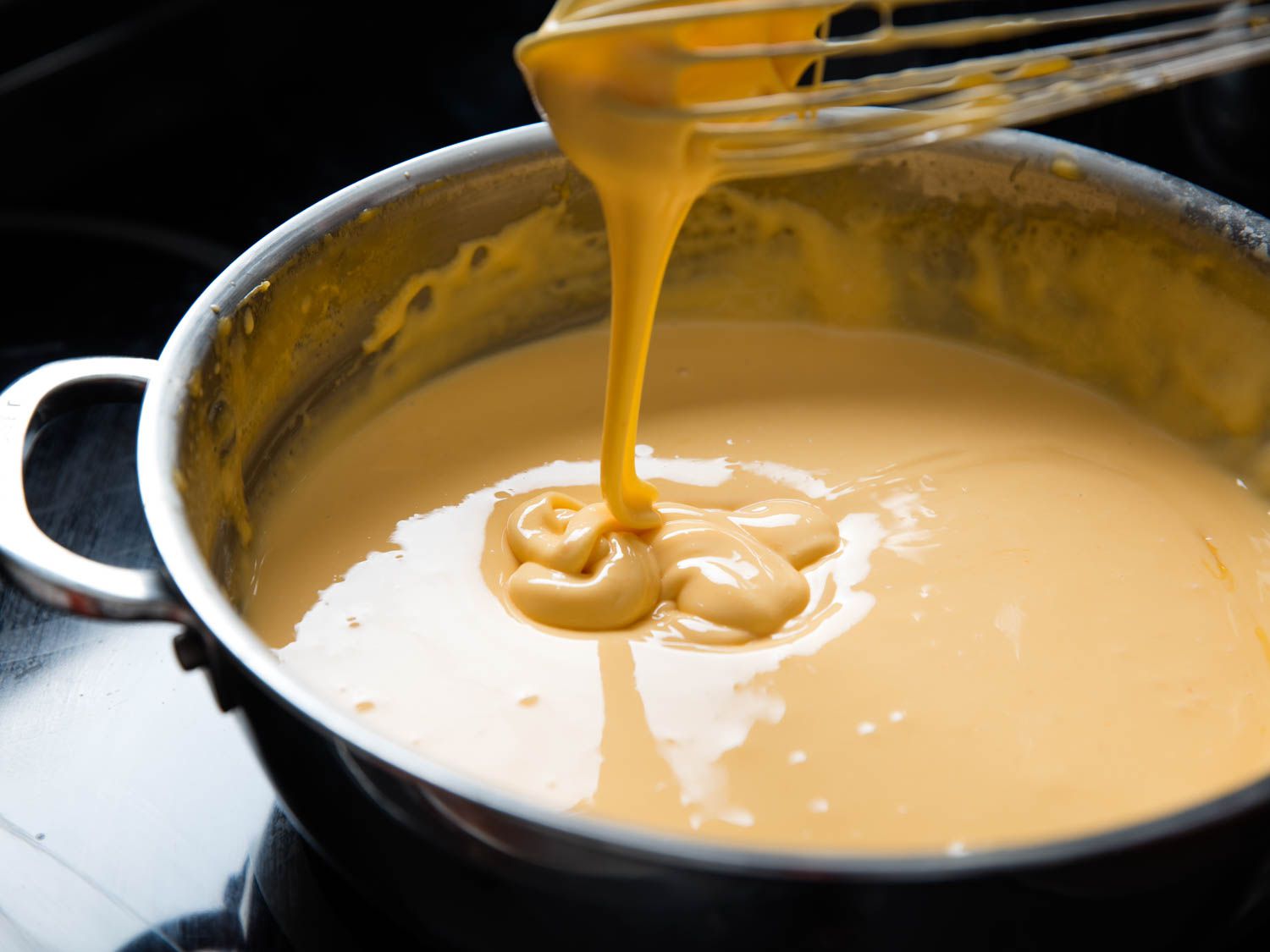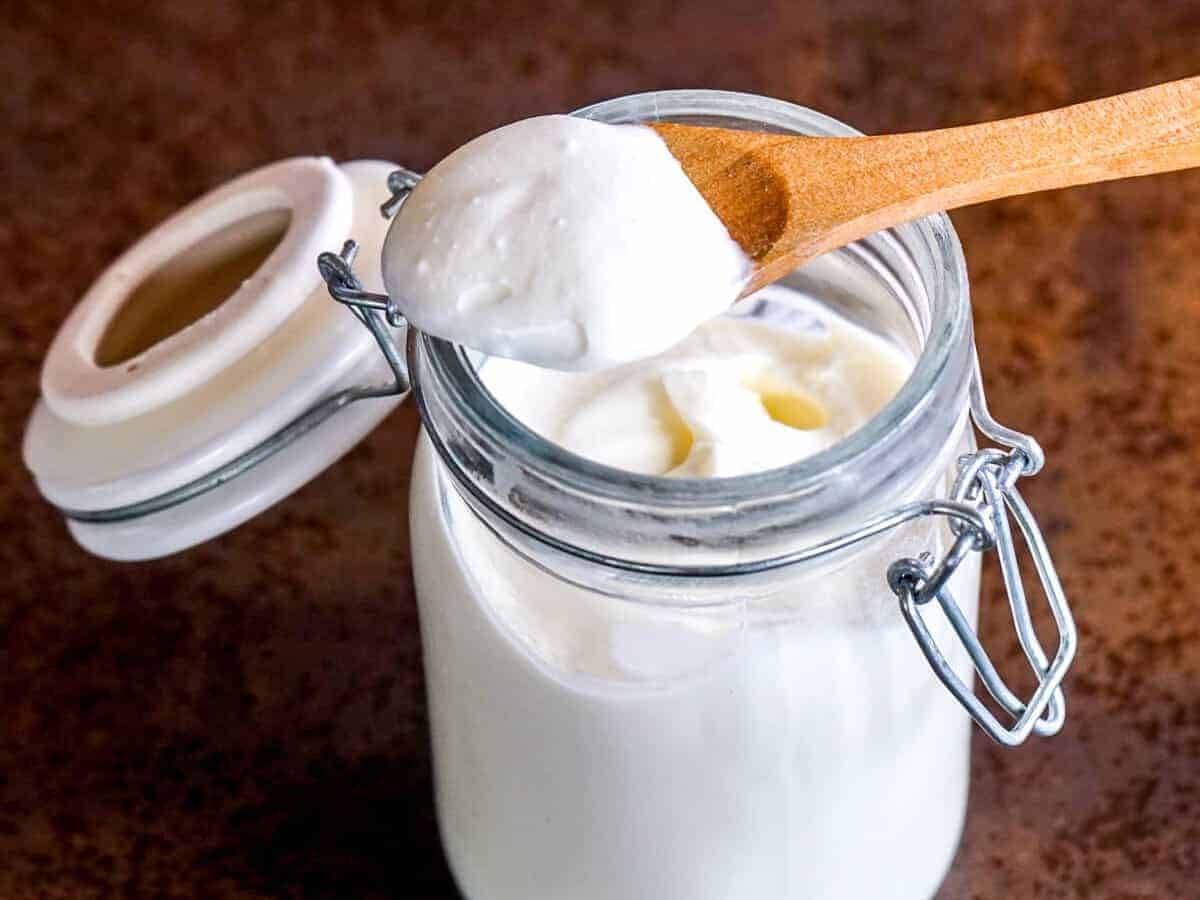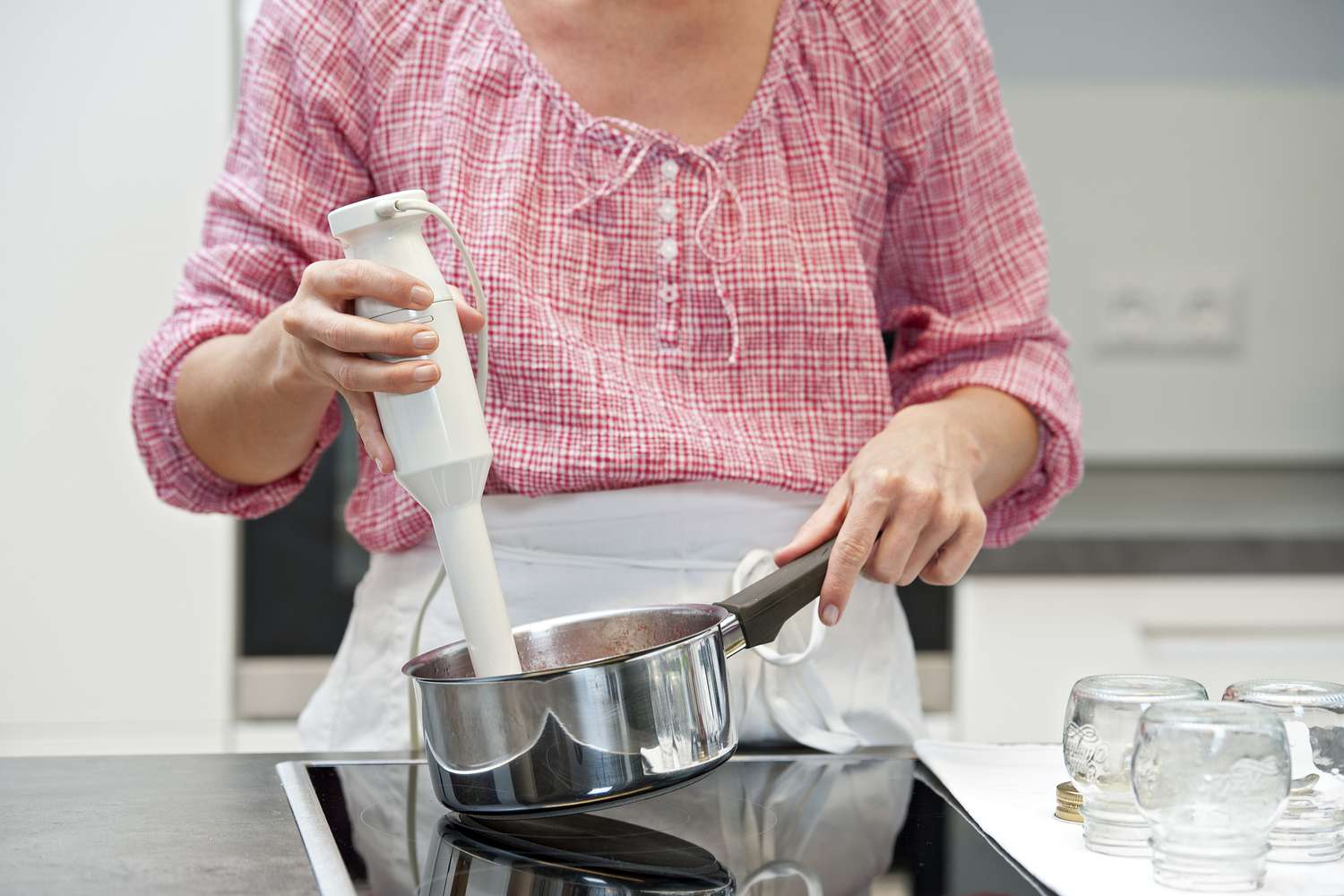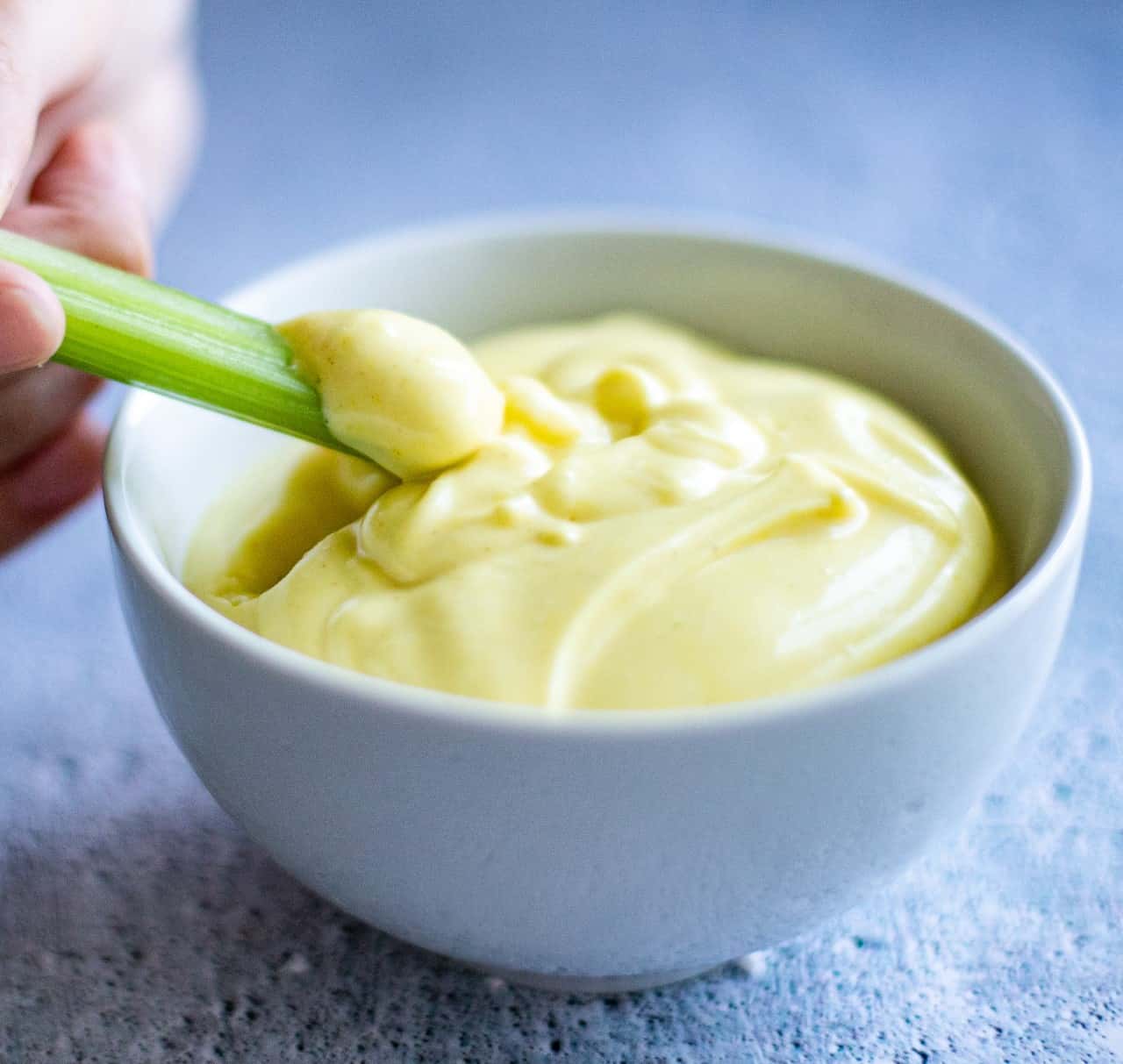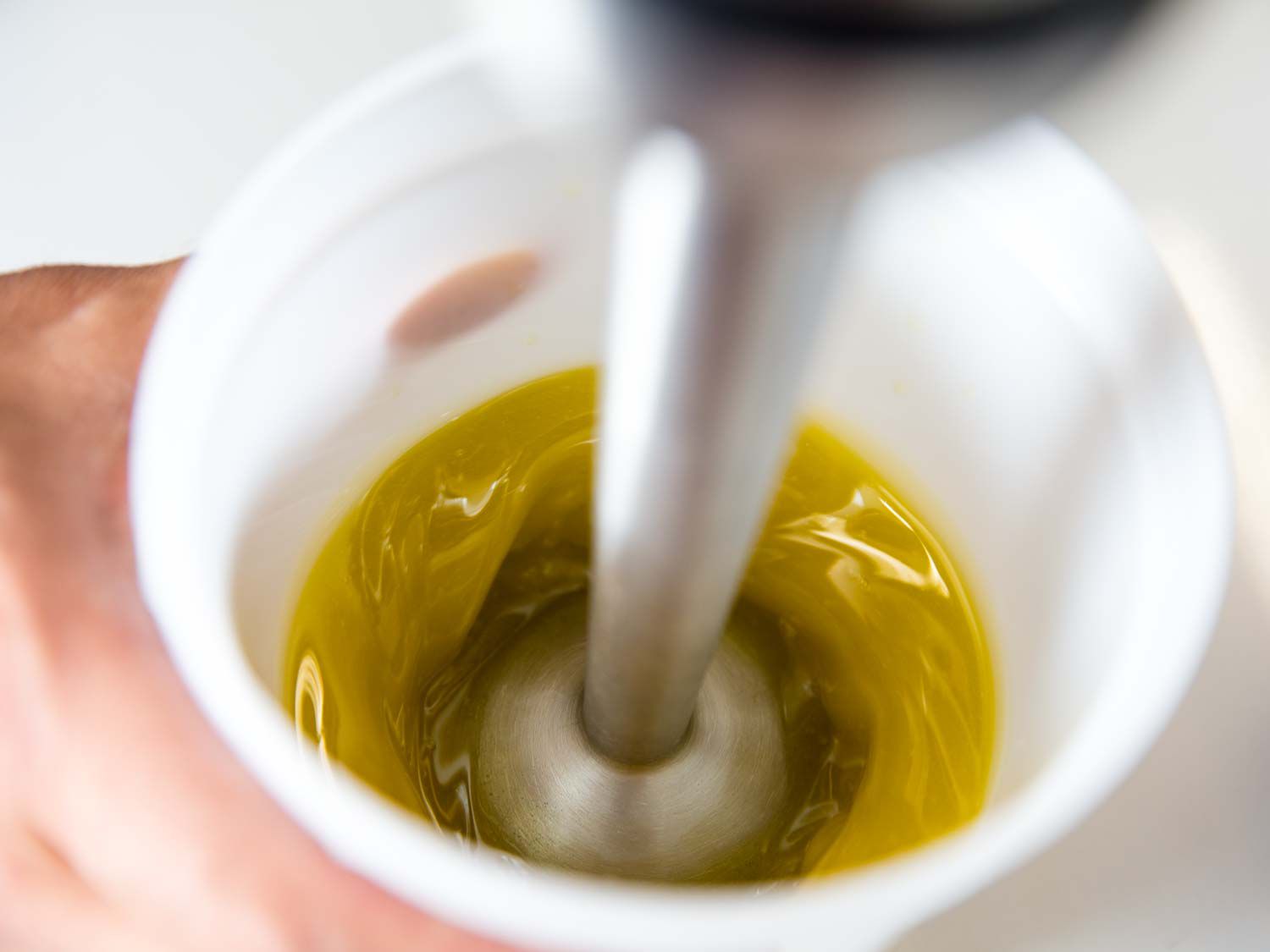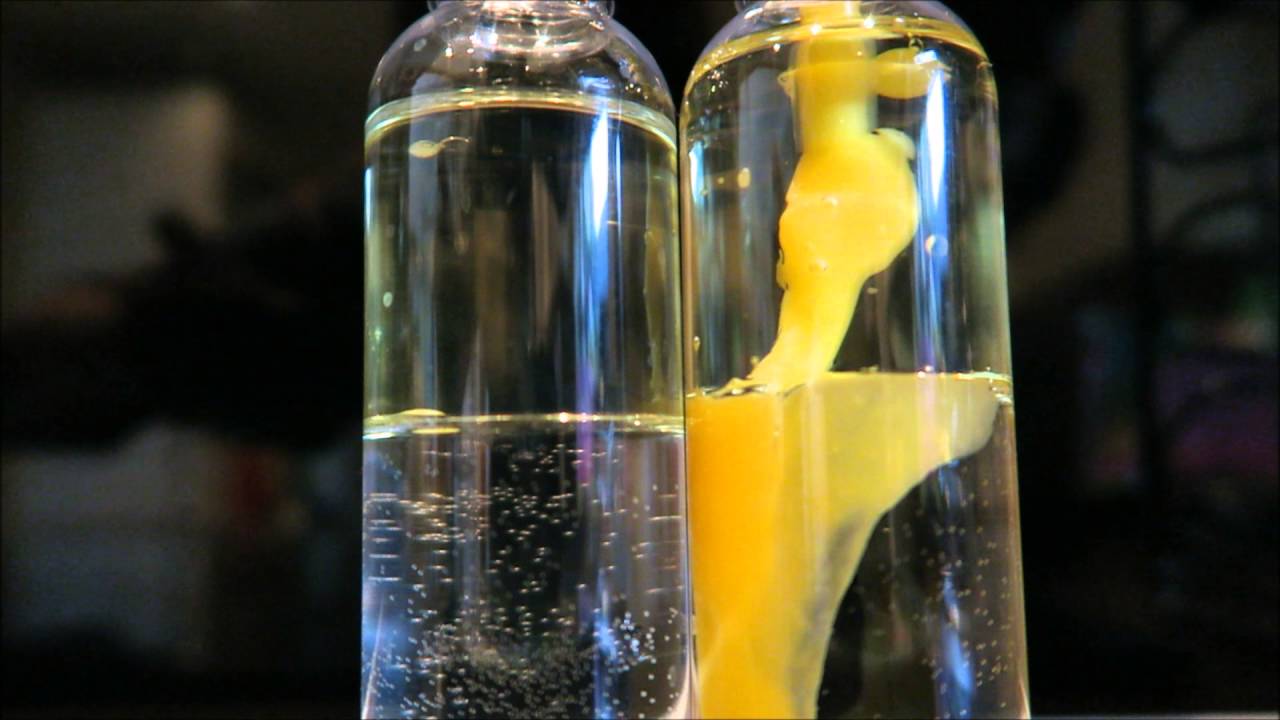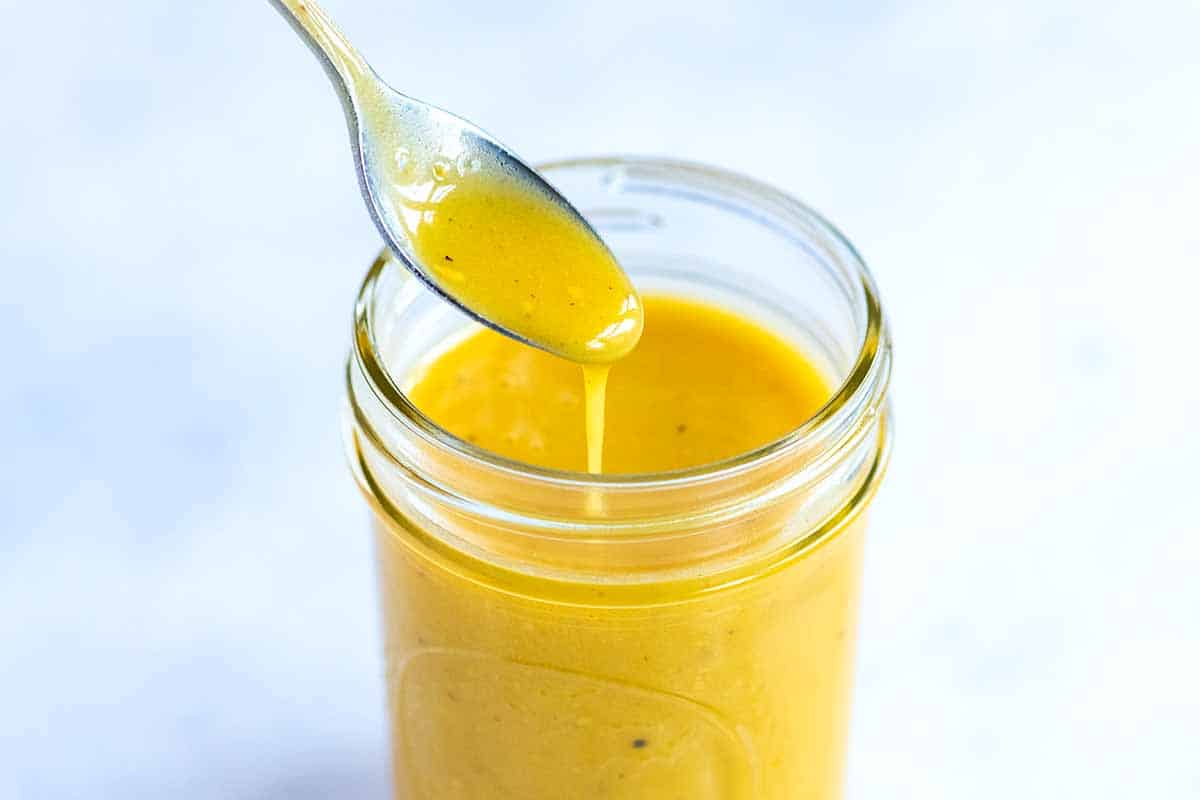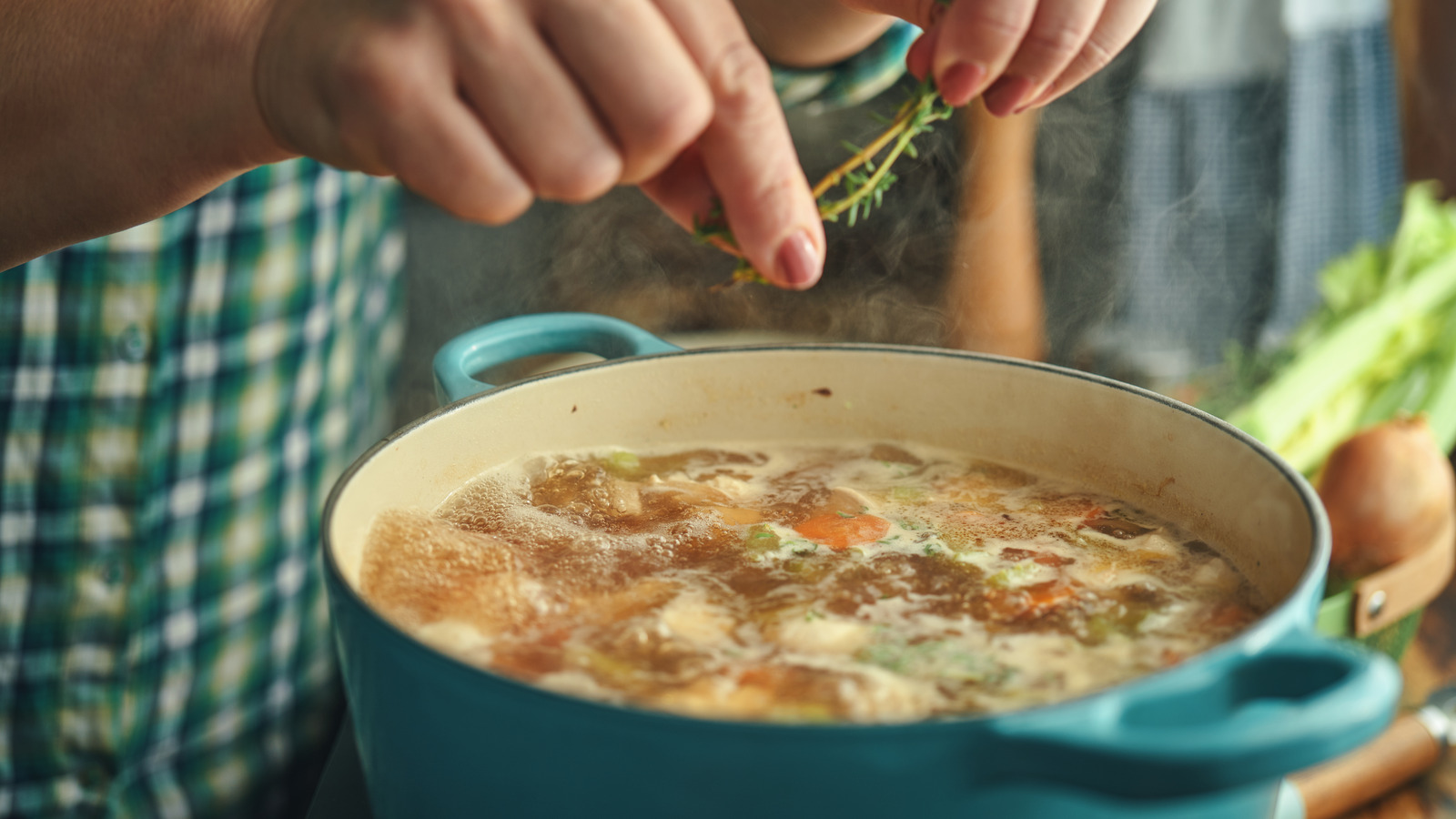Emulsifying Parmesan: A Delicious Culinary Technique
Emulsifying Parmesan is a simple yet essential technique in the world of culinary arts. Whether you’re making a creamy pasta sauce or a flavorful salad dressing, mastering the art of emulsification can take your dishes to the next level. In this article, we’ll explore the process of emulsifying Parmesan and provide you with step-by-step instructions to help you achieve perfect results every time.
Understanding Emulsification
Before we delve into the specifics of emulsifying Parmesan, it’s important to understand the concept of emulsification itself. Emulsification is the process of combining two or more liquids that are normally immiscible, such as oil and water, into a stable mixture. In the culinary world, this often involves creating a smooth, creamy texture by dispersing tiny droplets of one liquid within another.
The Role of Parmesan in Emulsification
Parmesan cheese is a key ingredient in many emulsified sauces and dressings. Its rich, nutty flavor and granular texture make it an ideal choice for adding depth and creaminess to a variety of dishes. When emulsifying Parmesan, the cheese acts as an emulsifier, helping to bind the oil and water components together and create a cohesive, velvety mixture.
Step-by-Step Guide to Emulsifying Parmesan
Now that we understand the basics, let’s walk through the process of emulsifying Parmesan. Whether you’re making a classic Caesar dressing or a decadent Alfredo sauce, these steps will guide you to emulsification success:
- Grate the Parmesan: Start by grating fresh Parmesan cheese using a fine grater. Freshly grated Parmesan will melt more smoothly and contribute to a creamier emulsion.
- Combine Ingredients: In a bowl or blender, combine the grated Parmesan with the other ingredients of your recipe, such as olive oil, lemon juice, or vinegar.
- Emulsify Slowly: If using a blender, start on a low speed and gradually increase to high, allowing the Parmesan to emulsify with the other ingredients. If mixing by hand, whisk the ingredients vigorously to encourage emulsification.
- Adjust Consistency: Depending on your recipe, you may need to adjust the consistency of the emulsion by adding more Parmesan for thickness or incorporating a small amount of water to lighten the mixture.
- Season to Taste: Finally, taste the emulsified Parmesan mixture and adjust the seasoning as needed with salt, pepper, or additional herbs and spices.
Tips for Perfect Emulsification
Emulsifying Parmesan can be a delicate process, but with the right techniques, you can achieve a smooth, luxurious texture every time. Here are a few additional tips to keep in mind:
- Use High-Quality Ingredients: Fresh, high-quality Parmesan and other ingredients will contribute to a superior emulsified mixture.
- Control the Temperature: Emulsification is often more successful when ingredients are at room temperature, so consider allowing them to warm up before mixing.
- Patience is Key: Emulsification may take time, so be patient and allow the process to unfold gradually for the best results.
Embrace the Art of Emulsification
Emulsifying Parmesan is a valuable skill that can elevate your cooking to new heights. Whether you’re preparing a classic Italian dish or experimenting with your own culinary creations, mastering the art of emulsification will open up a world of possibilities in the kitchen. With practice and a dash of creativity, you’ll soon be emulsifying Parmesan like a seasoned chef, delighting your taste buds and impressing your guests with each delectable dish.
So, roll up your sleeves, gather your ingredients, and embark on a flavorful journey of emulsifying Parmesan. Your culinary creations are sure to shine with the creamy, indulgent touch that only perfectly emulsified Parmesan can provide.
For those eager to master the art of emulsifying Parmesan, there are several recipes that can put this skill to good use. The Classic Fettuccine Alfredo is a timeless dish where a smooth, creamy sauce is paramount. Similarly, a Caesar Salad Dressing benefits greatly from a well-emulsified Parmesan to achieve that rich, cohesive flavor. For a heartier option, the Creamy Garlic Parmesan Chicken offers a luxurious sauce where the emulsification technique truly shines. Another delicious choice is the Parmesan Mashed Potatoes, where a silky, unified blend of ingredients is key to achieving the perfect texture. Lastly, the Parmesan Crusted Salmon showcases how emulsified Parmesan can create a delectable crust that elevates this seafood favorite. These recipes not only highlight the importance of emulsifying Parmesan but also provide a variety of delicious meals to enjoy.


